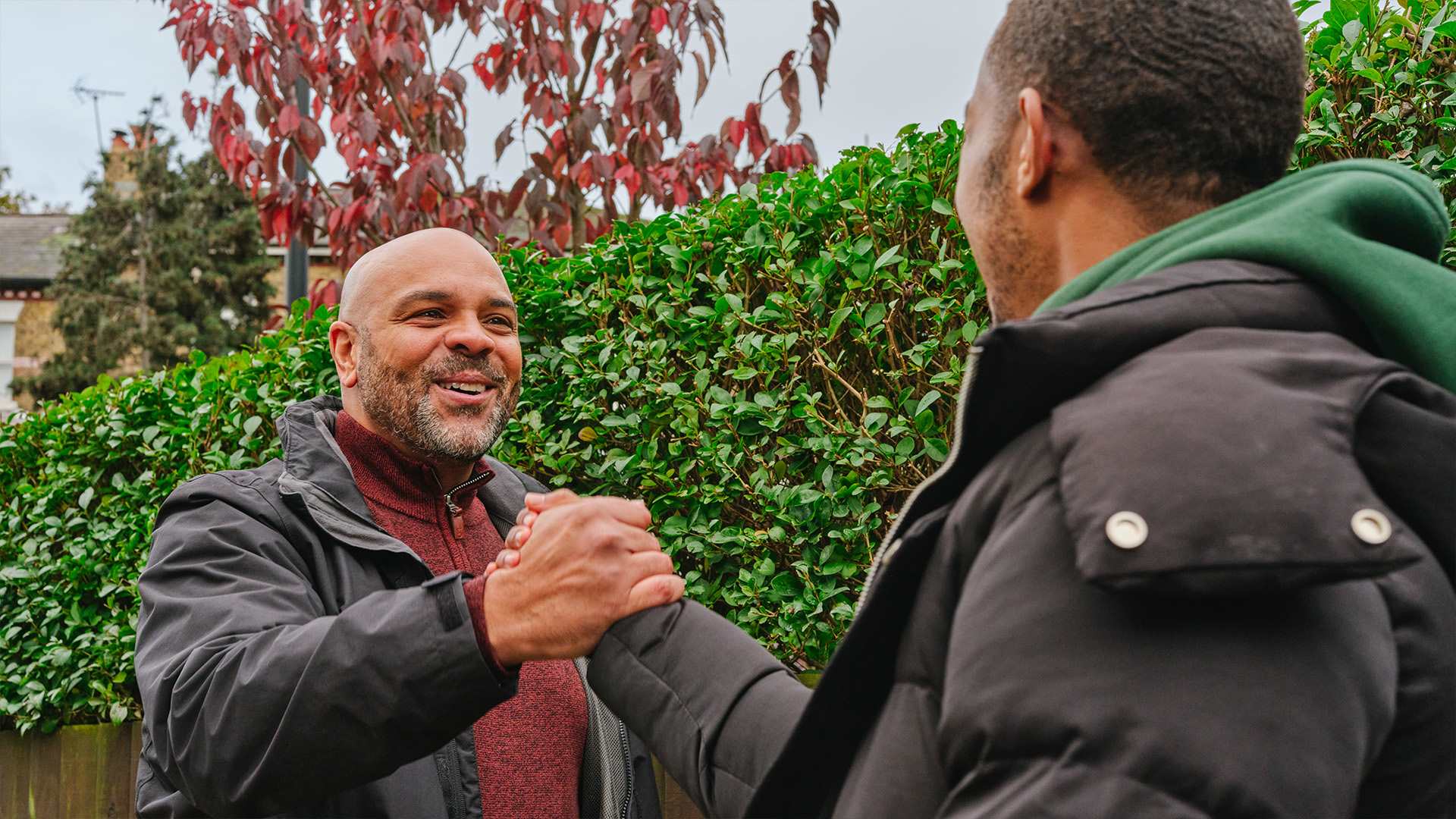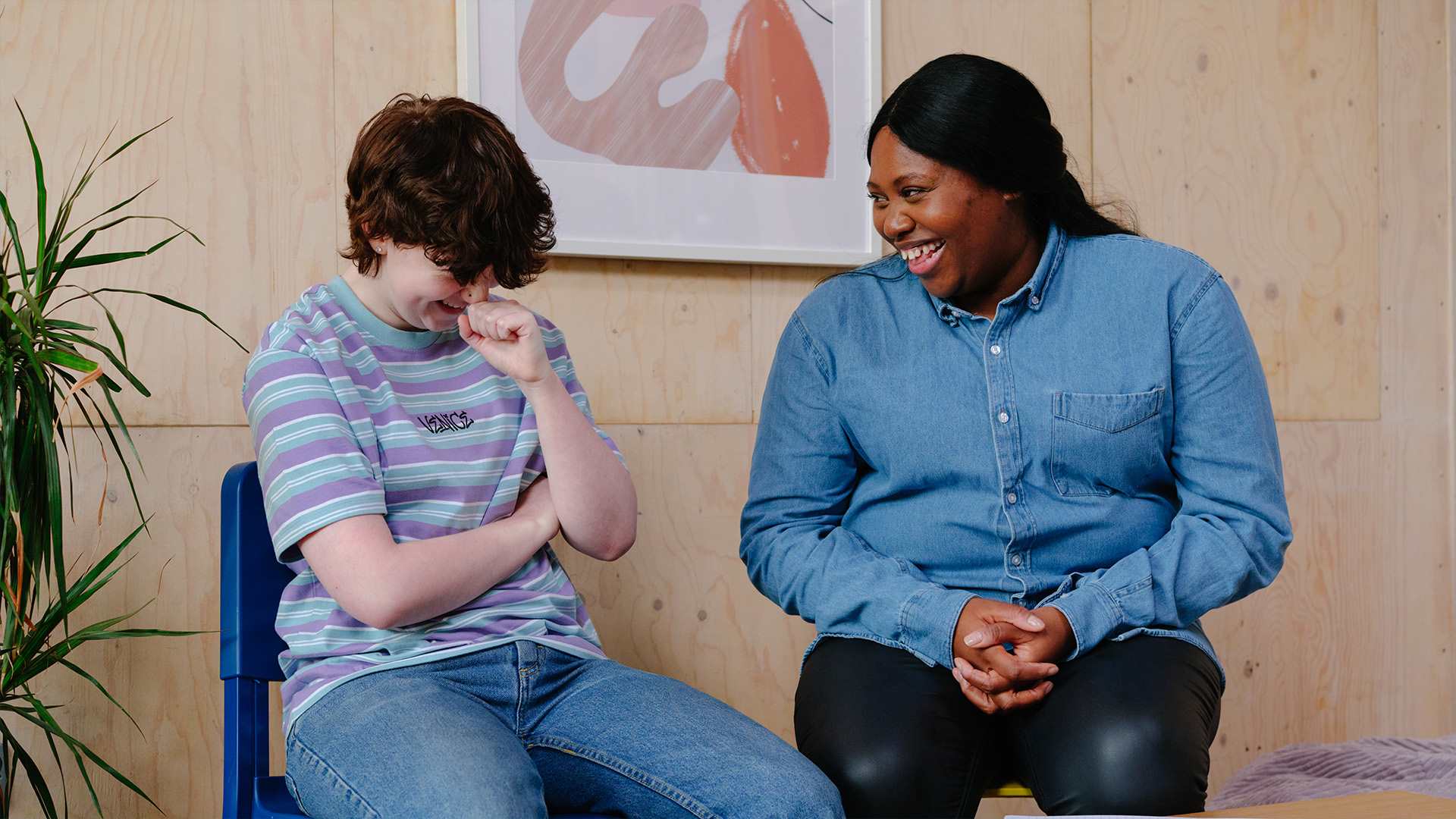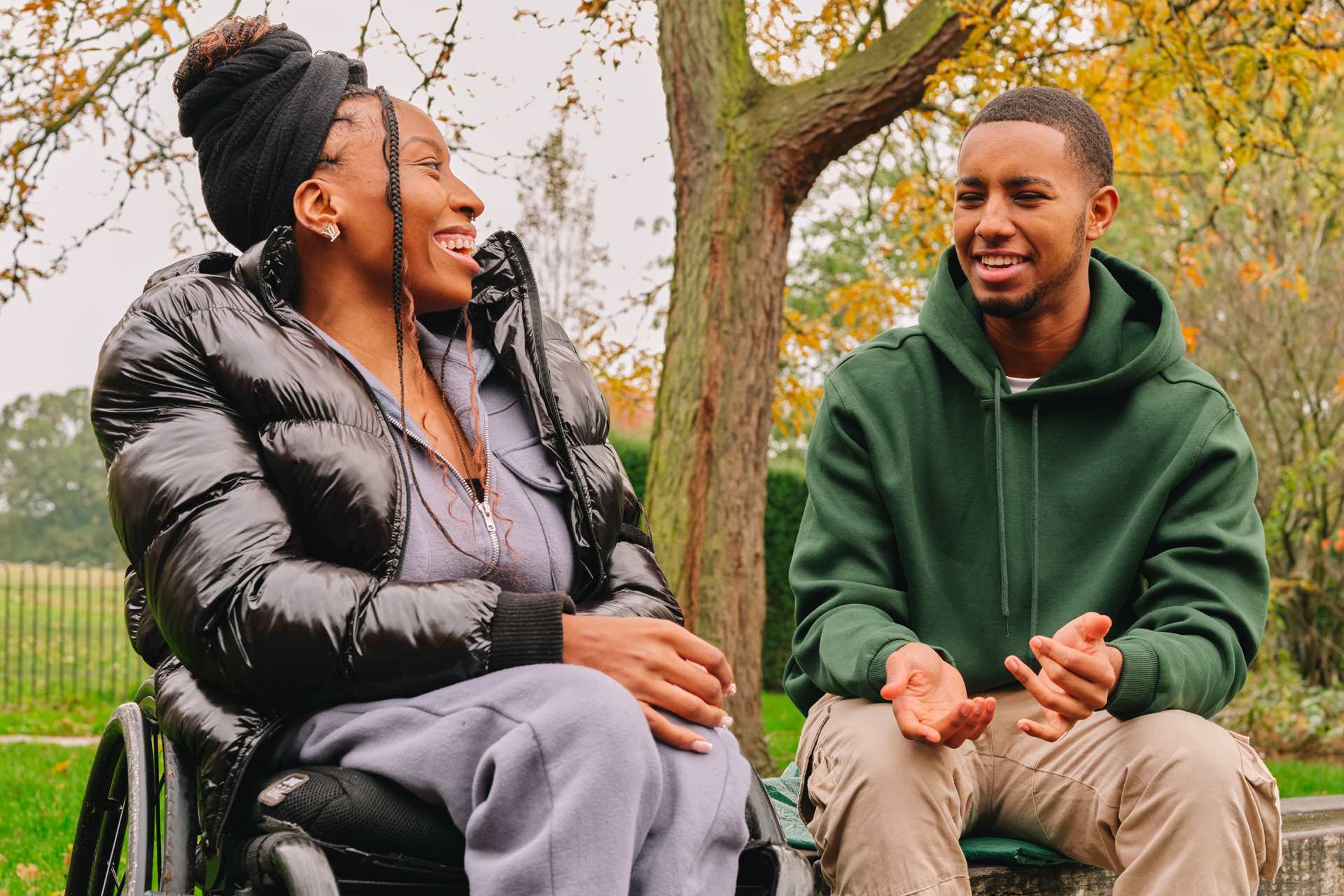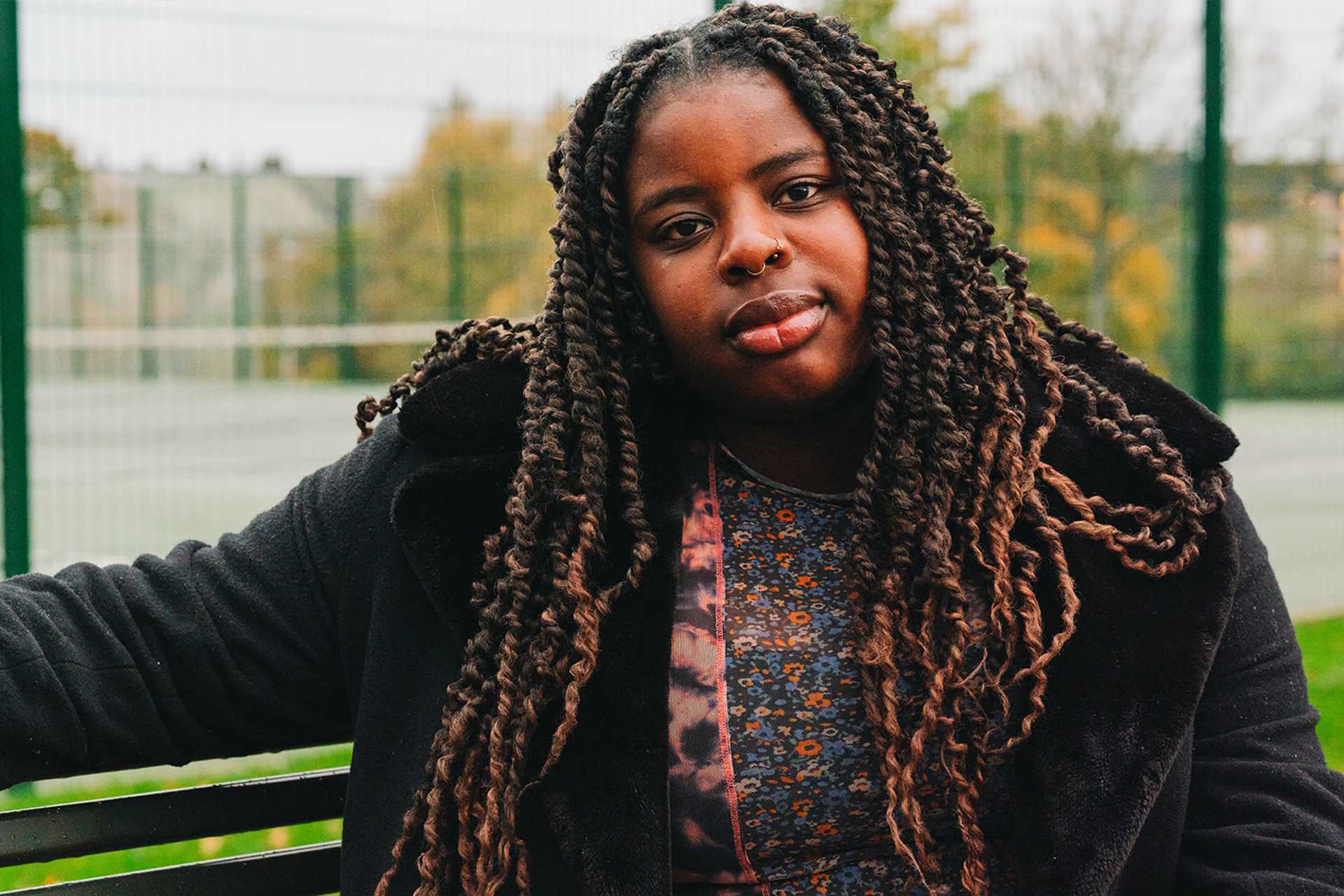
Taking medication for your mental health can feel overwhelming, especially if you're doing it on your own. But having the support of others can make it easier to manage.
Whether it's reminding you to take your meds, helping with appointments, or just being there when you're adjusting to new treatments, their support can make a big difference.
You might not want to tell people you’re taking medication for your mental health, but there’s no reason to feel ashamed or embarrassed. Our guide can help you find the right people so you feel confident and safe while managing your medication.
Support from family and friends
Having support from family or friends can help you get the most out of your medication. Not only can they help with managing your medication, they can be there with you to celebrate your progress too.
Here are some practical ways they could help:
- going with you to appointments
- helping you ask the right questions
- remembering what the doctor said
- ordering your prescriptions on time
- picking up your medication from the pharmacy
- giving you gentle reminders to take your medication
- noticing when your symptoms improve and spotting side effects
They can also help keep you safe if you’re not noticing changes yourself. For example, they can ride with you when driving to check you’re handling things okay, especially in the first few weeks of starting a new medication.

Support at school, university and work
If you need to take your medication at school, college university or work, it’s important to figure out how to do it comfortably and safely, and who can support you.
A lot of mental health medications only need to be taken once or twice a day, so you might be able to avoid taking them while you’re out if you stick to morning and evening doses. If this would be good for you, talk to your pharmacist so see what's possible.
To keep them safe, your school might ask you to store your medication with the nurse or in the office, especially if they’re a controlled substance.
Find a time to take them in the day that's easy for you. You should also find a private place where you feel comfortable. If you’re struggling to find a quiet spot, talk to a teacher or staff member for help.
If you’re having trouble managing your medication at school, talk to your doctor or a trusted adult. They might be able to talk to the school for you.
It can also help to tell at least one friend you trust. They can let staff know if you start feeling unwell during the day.
As soon as you know your university plans, talk to your GP or hospital team to sort out your treatment. If you start your medication while you’re at uni, think about what you’ll do during the holidays.
Register with a GP near your uni for easy prescription refills, but don’t forget to sign on with your home GP as a temporary resident when you’re back for the holidays.
Find a nearby pharmacy and introduce yourself to the pharmacist when you arrive, so you feel confident you’ve got support in place. You can stop by without an appointment or call them during opening hours for any questions about your medication.
If you’re living in halls or a shared house, keep your medication in a safe, private spot, ideally with a lock. Tell a trusted friend about your medication so they can help if you ever feel unwell.
Talk to your personal tutor too. They can help you manage your course and support you if your mental health starts affecting your studies.
If you need to take meds at work, try these tips:
- find a time during your workday when you can always easily take your medication
- pick a quiet spot at work to take them
- lock your medication somewhere safe or private, like a desk drawer
- keep a water bottle nearby so taking your tablets is easy
- consider having a backup supply if you work in different places or go to meetings often
If your shifts make it hard to take medication, talk to your doctor about your options.
If your job requires a lot of focus, like driving or operating machines, speak with your doctor about side effects so you can stay safe on the job.
It’s also helpful to let someone you trust at work know about your medication so they can support you if needed.
More advice on medication
Whether you love the page or think something is missing, we appreciate your feedback. It all helps us to support more young people with their mental health.
Please be aware that this form isn’t a mental health support service. If you are in crisis right now and want to talk to someone urgently, find out who to contact on our urgent help page.
At YoungMinds we take your privacy seriously. If you’d like to read more about how we keep the information we collect safe, take a look at our privacy policy.







